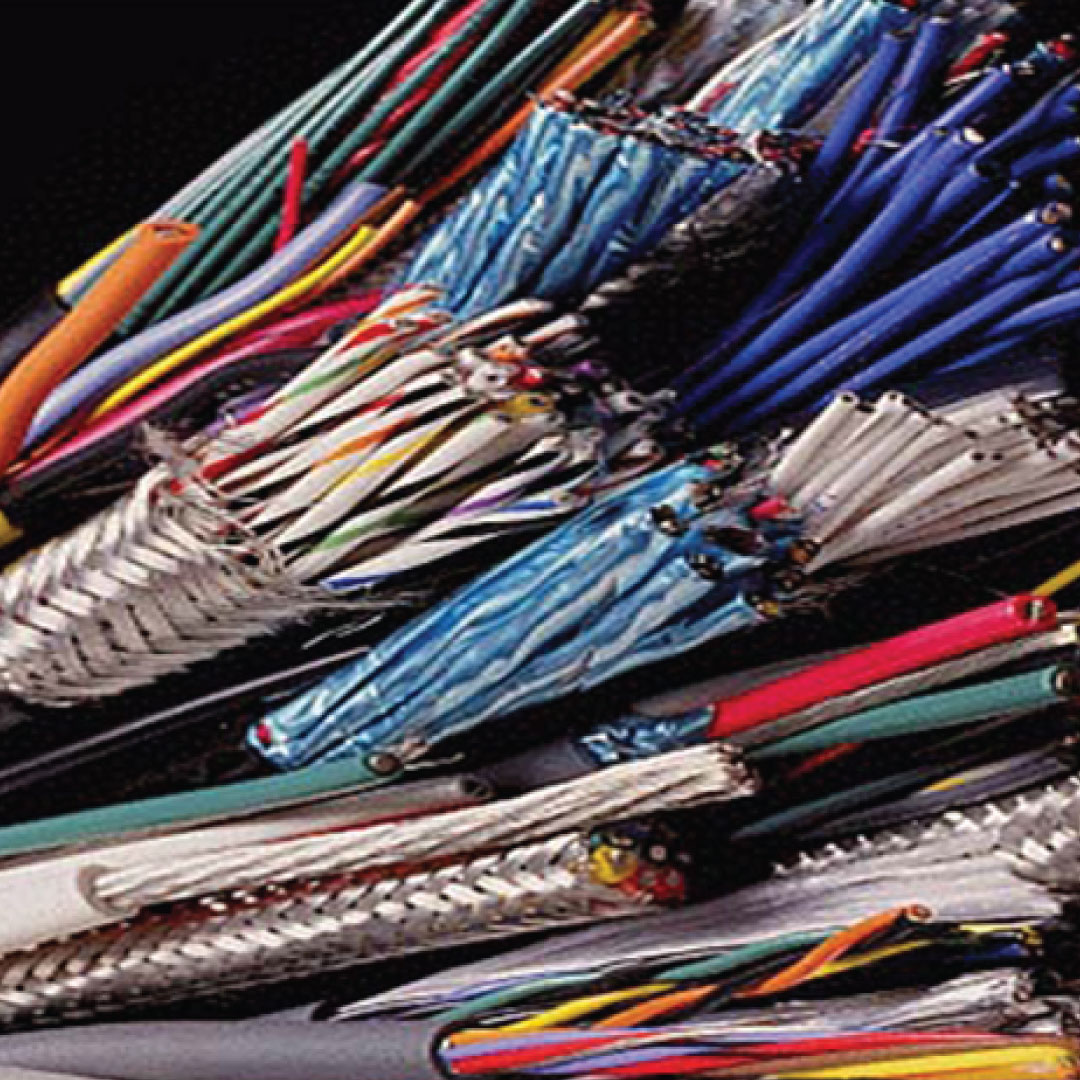According to Freight rail operator Transnet, telecommunications company Telkom, power utility Eskom Holdings, and the Passenger Rail Agency of South Africa estimates, cable thefts and vandals cost a total of R7 billion ($459 million) a year.
The companies said in a joint statement last year that the knock-on losses to the economy amounted to about R187 billion per year.
Transnet estimated that the length of cable stolen from its rail lines has increased tenfold since 2016, with 1,423 kilometers (884 miles) taken in the eight months leading up to November last year. Thieves are increasingly targeting overhead wire rather than digging it up, implying that syndicates are becoming more involved.
In November 2020, Nasdaq reported South Africa shut large parts of its economy and transport network during its COVID-19 lockdown, sometimes armed, gangs moved into its crumbling stations to steal the valuable copper from the lines. Now, more than two months after that lockdown ended, the commuter rail system, relied on by millions of commuters, is barely operational.”
Cable theft Impacts on Economy
Copper cable theft has a huge effect on communities since it disrupts numerous parts of people’s life. Cable theft often leaves impacted villages without power for days or even weeks. Cable theft also disrupts internet access and telephone communication. This crime has an impact on the country’s transportation and communication infrastructure, which are critical to the economy of South Africa. All of this has a devastating economic effect on communities, since some firms are unable to operate, and other citizens are unable to work or study from home.
Cable theft harms economic productivity as well as investor attitudes toward investing in South Africa, which is damaging to the country’s economic success.
What motivates cable theft?
The desire for copper, a material that has played a critical role in global industrialization, is the primary cause of cable theft. While copper’s usage has evolved as technology has progressed, it remains an important component of infrastructure in many sectors, including telecommunications. Because copper is such a valuable commodity, it has eventually spawned a black market for it.
A wide range of people are engaged in cable theft, from the most basic individuals digging up copper wires and selling them to dealers, to the most complex and organized criminal networks.
After the copper is extracted, it is sold to dealers and frequently illegally shipped to countries like China, which is the world’s largest importer of copper due to its use in construction and manufacturing. The country imported more than 4.6 million tonnes of refined copper in 2020.
The preventive measure put in place.
The government of South Africa plans to make it mandatory for all metal traders to obtain licenses and prohibit them from dealing in cash, in an effort to combat a massive illegal trade in cables and wiring stolen from the rail, power, and telecommunication lines.
Traders will also be required to conduct due diligence on their customers and track the origins of their products, according to the National Treasury, which released its annual budget review on Wednesday in Cape Town.
The Criminal Matters Amendment Act regulates bail and establishes minimum penalties for crimes involving essential infrastructure. The following are the recommended sentences for cable theft under this Act, which went into effect in 2018. Sentencing for cable theft, with the minimum sentence for first-time offenders being three years and for those who are involved in instigating or causing damage to infrastructure, the maximum sentence is thirty years. It seems to be working too.
The government has now saddled its citizen with the responsibility to report any acts of cable theft or vandalism, by reporting cable theft and vandalism by contacting Telkom’s crime hotline on 0800 124 000.
















